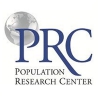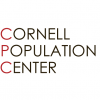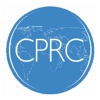University of Wisconsin-Madison
CDE is a multi-disciplinary faculty research cooperative for social scientific demographic research whose membership includes sociologists, rural sociologists, economists, epidemiologists, and statisticians. CDE is one of the leading centers of social science research in the world, as indicated by the scholarly productivity of its faculty, the level of extramural funding secured by researchers, the production
University of Wisconsin-Madison Read More »










